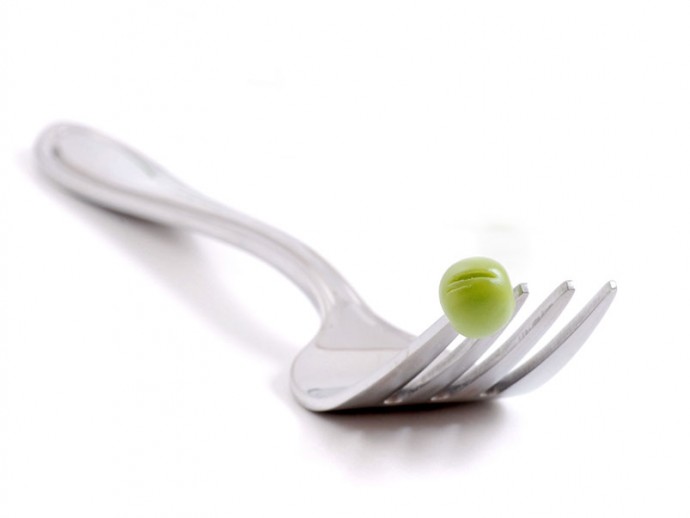
February is Heart Month: the perfect time to test your knowledge with these five heart health myths and facts, and to pick up some tips to keep your ticker in tip-top shape.
1. If I’m a woman, I don’t need to worry about heart health.
MYTH. Heart disease (including heart attacks) has been unfairly categorized as a male disease, but this simply isn’t true. Women can, and do, suffer from heart disease; in fact, it’s a leading cause of death for North American women. Women who have diabetes are at an even greater risk of heart disease. Why don’t we realize this? Unfortunately, it likely has much to do with how women have been underrepresented in heart health trials in the medical field.
2. Oral health impacts heart health.
FACT. Sure does! Brushing and flossing regularly is important for overall health and cardiovascular health, as well as oral health. But don’t stop there! Schedule regular cleanings at your dentist, including the all-important teeth scaling. Recent research has shown that not only are heart health and oral health linked, but preventive dentistry can also play a role in maintaining heart health. Open wide …
3. A low-fat diet will protect me from heart disease.
MYTH. Let’s be clear: some types of fat, like trans fats, are very detrimental to heart health. However, trans fats aside, the picture is a bit more complicated. First off, some fats, like those found in a Mediterranean diet, play a role in preventing heart disease. (Think olive oil or the fat found in nuts.)
Moreover, researchers are beginning to realize that a decrease in overall fat doesn’t necessarily mean a decrease in heart disease. Much-scorned saturated fats actually play a role in a healthy diet, but we shouldn’t go overboard. Even eggs can be part of a heart-healthy diet!
4. Diet and exercise are the only lifestyle factors I can control.
MYTH. There are a lot of factors we can take steps to control, from sleeping enough to lowering our stress levels. Even for those with heart disease in the family, it’s important to realize that we hold a lot of power, and lifestyle choices make a big difference.
Of course, diet and exercise are important factors to consider. Aim for 150 minutes of moderate exercise each week (or 75 minutes of vigorous exercise), plus moderate- to high-intensity muscle strengthening two times a week. Try to divvy up your food at mealtimes so that you have
- 1/2 plate vegetables/fruit
- 1/4 plate protein source
- 1/4 plate carbohydrates
5. Chocolate is heart healthy.
FACT (sort of). February means Valentine’s Day, which often means chocolates in a heart-shaped box. However, those sticky caramels and fruit creams aren’t the kind of chocolate that’s been touted for its heart-healthy benefits. To reap the rewards of our favorite candy, choose chocolate with at least 70 percent cocoa, which is packed full of antioxidants … and don’t eat the whole box.






